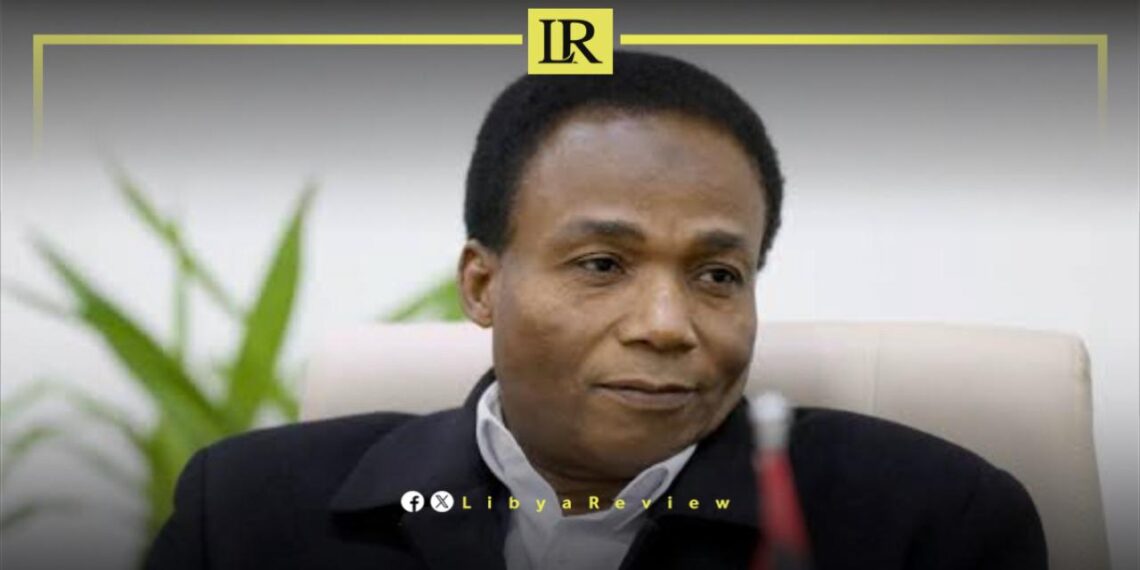Jaballah Al-Shibani, a member of the Libyan House of Representatives, has criticised the condition of roads in Libya, citing neglect, fraud, and substandard specifications as major issues.
In a Facebook post, Al-Shibani stated, “The roads in Libya have suffered from neglect, deceit, and fraudulent specifications.” He emphasized the dire consequences, describing the situation as a “war of annihilation against the people through horrific traffic accidents that claim lives mercilessly.” Al-Shibani also warned, “Do not think that God is unaware of what the wrongdoers do.”
Libya’s road infrastructure has suffered greatly due to years of conflict, political instability, and neglect.
Following the 2011 civil war, maintenance and development of the road system became sporadic, leading to widespread deterioration. Corruption and fraudulent practices have exacerbated the problem, with many roads built or repaired to substandard specifications.
Poor road conditions, including potholes, lack of proper signage, and inadequate lighting, contribute to a high incidence of traffic accidents. The lack of effective governance and oversight has further hindered efforts to improve infrastructure. As a result, the safety of motorists and pedestrians remains a significant concern across the country.
Libya has been in chaos since a NATO-backed uprising toppled longtime leader Muammar Gaddafi in 2011. The county has for years been split between rival administrations.
Libya’s economy, heavily reliant on oil, has suffered due to the ongoing conflict. The instability has led to fluctuations in oil production and prices, impacting the global oil market and Libya’s economy.
The conflict has led to a significant humanitarian crisis in Libya, with thousands of people killed, and many more displaced. Migrants and refugees using Libya as a transit point to Europe have also faced dire conditions.
The planned elections for December 2021 were delayed due to disagreements over election laws and the eligibility of certain candidates. This delay has raised concerns about the feasibility of a peaceful political transition.
Despite the ceasefire, security remains a significant concern with sporadic fighting and the presence of mercenaries and foreign fighters. The unification of the military and the removal of foreign forces are crucial challenges.


